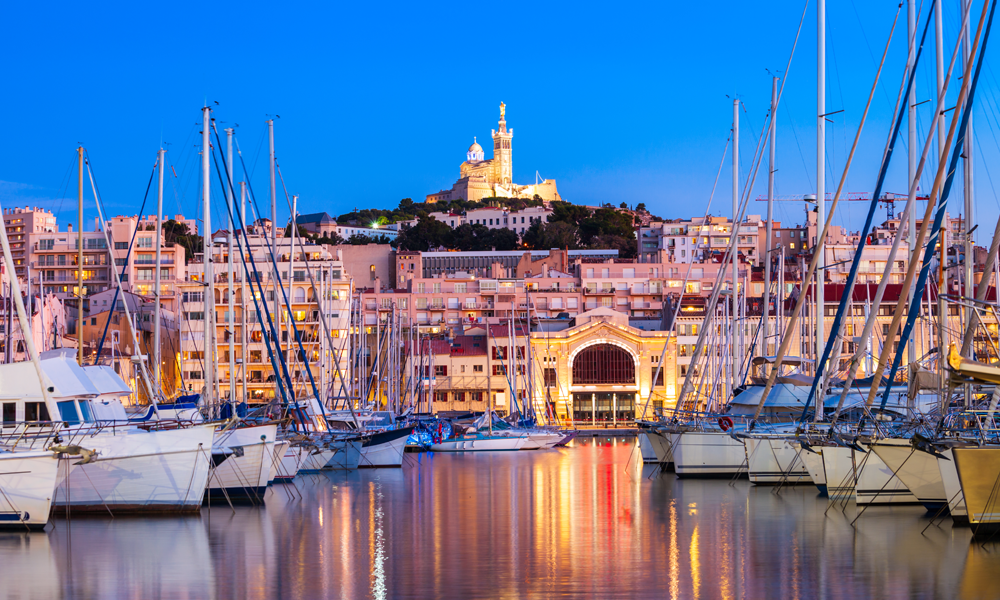Marseille's Pilot City Activity: Marseille 2030 Objectif Climat: A Just Pact to Now Act (Mars2030ClimatNowAct)

Background
Marseille is a young, dynamic city with high involvement of citizens, associations and creative actors which promote an urban model of social and ecological justice. However, its territory is socially fractured with strong social inequalities and poverty rates reaching 26% of the total population.
The pilot activity aims to test innovative methods of mobilisation and engagement to accelerate action on 75% of the city’s carbon footprint derived from the activities of private stakeholders and citizens. These emission domains are road transport, residential and office energy consumption and construction, industrial processes, food and products and services consumption.
By involving citizens and private stakeholders the project aims to remove three systemic obstacles:
- The lack of responsibility and accountability in taking action to tackle climate change
- The lack of a structured cooperation framework with private actors
- The social acceptability of the ecological transition
New methods for mobilising local actors will be tested to:
- Facilitate cooperation between public institutions and local actors based on Marseille’s Climate City Contract priorities (cyclo-logistics, circular economy in construction, etc.)
- Accelerating the implementation of local actors’ projects by providing support for the mobilisation of financial tools, land, etc.
- Enhancing the value of citizen and stakeholder engagement to encourage collective action.
These methods will form the basis of a new governance model that better integrates the needs and expectations of local players in the city’s transition to carbon neutrality.
Description of Activities
The pilot activity will develop and test mobilisation methods differentiated according to the type of stakeholder (businesses, NGOs and citizens) and neighbourhoods to establish cooperation as a process that facilitates the implementation of projects led by these local actors.
With the help of local social organisations and climate ambassadors in each district, citizens in three selected districts will be mobilised to undertake projects that address climate change issues specific to their local realities. Workshops will be carried out in collaboration with academia and the city administration to strengthen citizen participation around energy sobriety and efficiency, and local production of photovoltaic electricity. The citizens mobilisation will be amplified through thematic citizens labs to extend the involvement of local associations keen on participating in the pilot activity.
Private stakeholders (businesses and NGOs) will be mobilised around themes such as low-carbon urban logistics, circular economy in construction, urban agriculture, and renaturation. They will be supported in identifying financing tools, finding real-estate and land solutions and building a collective vision for 2030 to create a cooperation pact to work collectively and accelerate implementation, while improving the monitoring of climate commitments through collaborative work with Atmosud, the local public organisation dedicated to GHG emission monitoring.
Objective
To develop and test different methods of engagement and mobilisation depending on the target audience (businesses, NGOs, or citizens) to accelerate the transition towards carbon neutrality.
Are the pilot activities building upon or part of a previous and/or existing activity?
The pilot activity builds heavily on Marseille’s Climate City Contract, which has set out a framework for action with clear priorities around eight themes (mobility, building, renewable energy, circular economy & waste, nature in the city, urban agriculture, sea and coastline, education). Moreover, the pilot activity builds upon the following activities:
- Marseille’s economic roadmap 2023-2030 setting a framework for working with economic actors while prioritising climate action as a base for cooperation
- The Citizens’ Assembly of the Future, set up in March 2023, which will initiate a dialogue with citizens on a general vision of the priorities for action, particularly concerning environmental issues. These will provide a stable framework to mobilise people and adjust it to the aspirations of citizens and private stakeholders.
- “Neighbourhood roundtables” where groups of residents and associations acting at a hyperlocal scale – a street, residence or small neighbourhood – aim to improve the life of residents based in their local context.
Which emissions domains will the pilot activities address?
Systemic transformation – levers of change the pilot activities will exploit
Stakeholder types that the city would like to engage in the pilot activities
Transferable features of the pilot activities to a Twin City/ies
- Mobilisation methodologies, best practices and lessons learnt depending on the target audience (citizens, businesses, NGOs)
- Concrete visions of local (district scale) actions relative to the “just” dimension of the low carbon just transition
- Cooperation framework with private stakeholders
- Storytelling to understand the transition differentiated by local actors
This answer is not exhaustive and simply an indicative one.
Enabling conditions that will support the successful replication of your pilot activities in the Twin City
A particular interest on how the just transition can be deployed for low-income households. A comparable social profile of the city’s population.
This answer is not exhaustive and simply an indicative one.
What does the city want to learn from Twin City/ies?
- Efficient methods to empower communities on climate actions.
- Key barriers for low-income households on climate actions (electric mobility/house renovation/sustainable food, etc.) and developing low-cost solutions.
This answer is not exhaustive and simply an indicative one.

